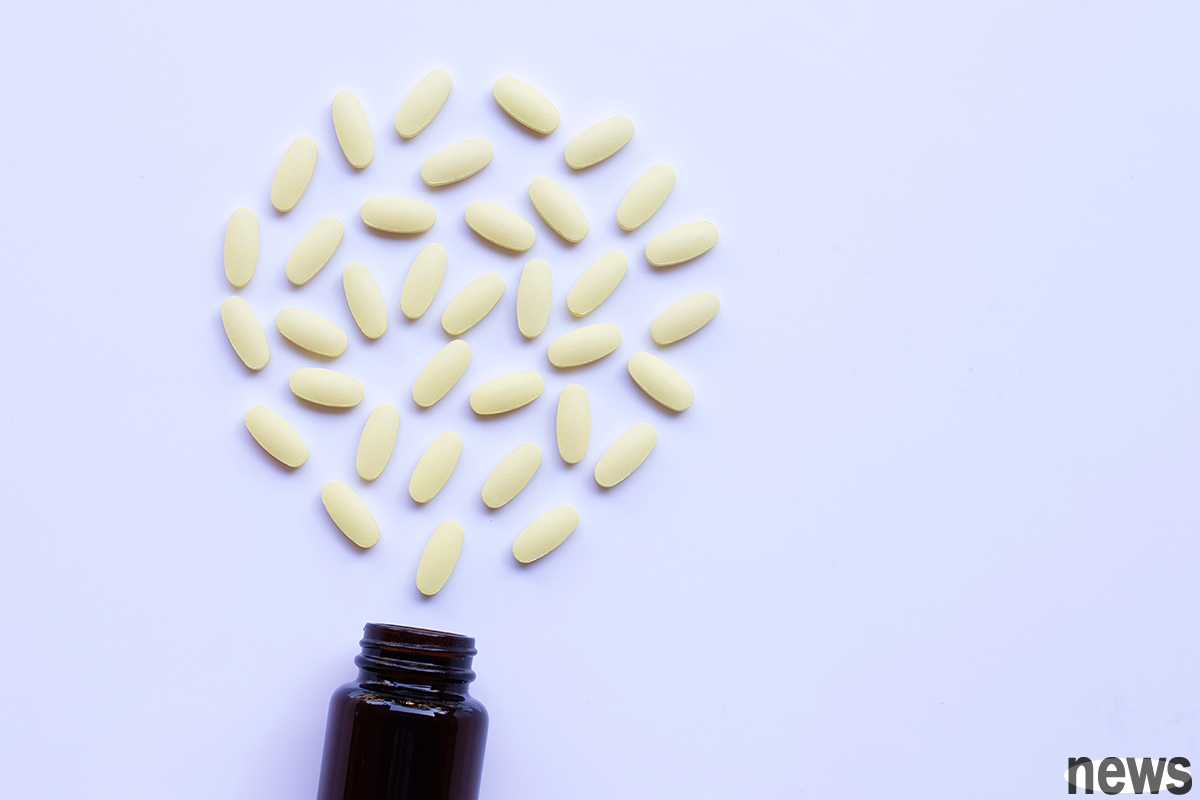Is low vitamin D levels not prone to fractures? The "Vitamin D Paradox" of Face Manufacturers

paradox means that the development of events has resulted in a result that is contrary to the original expectations. What I want to talk about today is a well-known but very important paradox.

On November 12, 2007, the authoritative orthopedic medical journal Rheumatology published an editorial review titled The Vitamin D Paradox. The author of this review is Dr. Roger Francis, an authoritative orthopedic and vitamin D research in the UK. In addition to being a professor at Newcastle University, he is also a consultant of several vitamin D manufacturers such as Shire, Nycomed, and ProStrakan. However, his comments undoubtedly asked these vitamin D manufacturers "face" “ He said that although vitamin D is considered important to bones, repeated clinical trials have shown that taking vitamin D supplements will not reduce the risk of fractures. And it is because of this that he wrote this article The Vitamin D Paradox.
Please read "The Largest Analysis in History: Vitamin D is Useless" published on 2018-10-6, which shows that the vitamin D supplement has no maximum bone protection effect.
In August 2008, the authoritative nutrition journal American Journal of Clinical Nutrition published a review article titled African Americans, 25-hydroxyvitamin D, and osteoporosis: a paradox. The author of this article is Dr. John Aloia, an American orthopedic and vitamin D research authority. He said that the concentration of serum vitamin D in African Americans is about half of that of white Americans, but the incidence of fractures is only half of that of white Americans. Also, his research has found that adding 2,000 vitamin D per day to African Americans will neither prevent bone loss nor reduce fracture incidence. Therefore, he called this phenomenon Vitamin D Paradox. Please note that the vitamin D paradox mentioned here is even more rebellious than the vitamin D paradox mentioned in the previous paragraph (because what is said here is that the lower the concentration of vitamin D, the lower the rate of fracture incidence).
In September 2015, a team led by Dr. John Aloia published a research paper, Free 25(OH)D and the Vitamin D Paradox in African Americans. They found that although the total vitamin D concentration in the serum of African Americans was lower than that of whites, the wandering vitamin D was comparable to that of whites. Based on such results, researchers suggest that the total vitamin D concentration should not be checked (usually such screening is done).
This rebellious phenomenon (i.e., "Vitamin D concentration is low, but also low fracture rate") has attracted the attention of the highest health research organization of the US government. In December 2017, the National Institute of Health, the National Institute of Health, the National Institute of Health and Health Disorders, the National Institute of Health and Health Disorders, and the National Institute of Diabetes and Digestive Systems and Bone Diseases jointly sponsored a panel of experts to discuss this phenomenon of disobedience. In May of the following year, the expert group published The vitamin D paradox in Black Americans: a systems-based approach to investigating clinical practice, research, and public health – expert panel meeting report. I translate the highlights of this conference report as follows:
There may be many factors that affect the vitamin D level of black Americans, and understanding these factors may be the key to understanding and improving bone health mechanisms for all populations. Data shows that despite obesity, skin pigment, vitamin D combined protein polymorphism and inheritance all contribute to differences in vitamin D levels between blacks and whites, there is no single factor that can explain the vitamin D paradox. However, it is important that the group's confirmation of the agreement of this paradox, so further investigation is necessary. Experts also agree that for African Americans, supplementing high dose vitamin D will not only not have any skeletal benefits, but will have adverse effects..
Readers, have you noticed that "Replenishing high dose vitamin D not only does not have any bone benefits, but will have adverse effects"? This is the opinion of experts convened by the highest health research organization of the US government!
In fact, the phenomenon of vitamin D's disobedience is not unique to African Americans. On August 27, 2019, JAMA, a journal of the American Medical Association, published the Effect of High-Dose Vitamin D Supplementation on Volumetric Bone Density and Bone Strength. This study found that bone density is inversely proportional to the dose of vitamin D supplements, and bone strength also tends to decrease. It is worth noting that this study was conducted in Canada, and 95% of the surveyed subjects were white, so does this mean that white people also have vitamin D rebellious phenomena?
To put it bluntly, this whole incident is actually a tragedy and tragedy. As early as 2017-2-8, I published the fifth Vitamin D series (vitamin D, supplemented or not), as soon as I opened my head, I said: "In 1922, American biochemical scientist Elmer McCollum) discovered that fish liver oil can cure riberries. He named the effective element in fish liver oil vitamin D. This discovery is amazing, but this name is later used to provide root causes for the application and research on vitamin D. "
In the fourth article of vitamin D published by me In the series of articles (vitamin D is a hormone), I said: "The correct classification of vitamin D is "Category Steroid Hormones", … Since most studies regard vitamin D as a nutrient, their experimental results are not only positive and negative, but also often contradict each other. …Because the medical world still cannot get rid of the old thinking of "Vitamin D is Nutrition", after investing a lot of funds and manpower over the past fifty or sixty years, I still can't figure out whether it needs to be replenished or not. …So, if you want to have a cloud day, the urgent task is to accept "Vitamin D is a Hormone, not a Vitamin", which is true. '
Alas! If the medical community had accepted that "vitamin D is a hormone, not a vitamin", the vicious drama and tragedy of "Vitamin D Paradox" would never have happened.
Original text: Vitamin D Paradox














